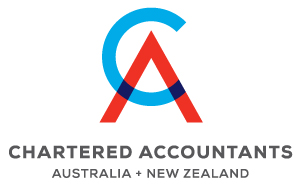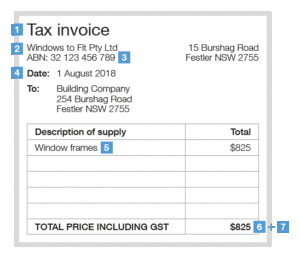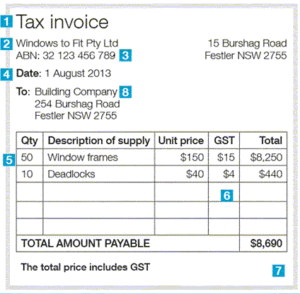
OUR SERVICES

Accounting & tax compliance
Is accounting and compliance taking you away from your focus?

Business tax consulting service
Are you sure your business structure is correct? Don't risk it!

Business benchmarking
How do you measure up against other businesses?

Business exit planning
Do you know when you will be exiting your business?

Business acquisitions and sales
Are you acquiring or selling your business?

Business growth consulting services
We can help you grow your business like many others to achieve your goals.

Financial management and external CFO Services
We are an extension of your business for advice.

Self Managed Superannuation Fund Compliance
Are you staying compliant with all the SMSF laws?
CHECKLISTS
Download our handy checklists using the buttons below
Business
Our checklist ensures you have everything you need to prepare your business tax return.
Home Office
If your perform some of your work from your home office, you may be able to claim a deduction for the cost you incur in running your home office, even if the room is not set aside solely for work-related purposes.
Individual Tax Return
To maximise your deductions and ensure that your tax return is complete, please review the following items and advise your Accountant if any apply to you.
Business
Our checklist ensures you have everything you need to prepare your business tax return.
Home Office
If your perform some of your work from your home office, you may be able to claim a deduction for the cost you incur in running your home office, even if the room is not set aside solely for work-related purposes.
Individual Tax Return
To maximise your deductions and ensure that your tax return is complete, please review the following items and advise your Accountant if any apply to you.
ABOUT US - THE TEAM
Company History
Zentveld & Lewis was originally founded in 1983 by Barry Lewis with a vision of providing better service through creating stronger relationships. The practice has achieved continual growth as we continue to develop and strengthen the businesses of our clients.
We provide specialist services to our broad client base. We draw upon our knowledge and experience to give you the best advice and service. At Zentveld & Lewis, it’s not just about providing an exceptional service, it’s about providing clients with information you require to make informed decisions about your business and financial affairs.
The business environment has changed. Technology is driving this rapid change….are you equipped? Don’t make the mistake of doing nothing. Talk to us, so you are not left behind in your industry. We want to see your business exceed, not just survive.
Our Mission & Values
Our mission is to build strong client relationships whereby we provide tailored services aimed at providing clients with the best opportunity to maximise their financial position and lifestyle balance. Our commitment to excellence is underpinned by the three core values.
Customer Service & Relationships
We take the time to listen to our clients to ensure we are focused on their needs. We are pro-active in maintaining our clients trust and work diligently to provide new ideas to meet their goals. We do all our accounting and taxation services in-house. Our accountants work in our office at Holland Park.
Quality Advice
We pride ourselves on maintaining a high standard of industry knowledge to ensure we maintain the highest professional standards and competence through effective training and feedback.
Our initial consultation is complimentary.
Exceeding Our Clients Expectations
Our satisfaction is from knowing we have performed exceptionally to help our clients reach their goals and lifestyle balance.

Peter Zentveld - Principal
Peter has worked in public practice since 1995 and is a qualified Chartered Accountant and Registered Tax Agent.

Nicole Zentveld - Senior Associate
Nicole has been in public practice since 1994 and is a qualified Chartered Accountant.

Sisi Wu - Senior Accountant
Sisi is focused on providing timely and detailed advice to small business owners concerning their taxation and SMSF compliance needs.
Blog News
Download Recent Newsletters
| Contact
| Find Us
Zentveld & Lewis
Chartered Accountants
23 Smith Street
Holland Park, QLD 4121





















